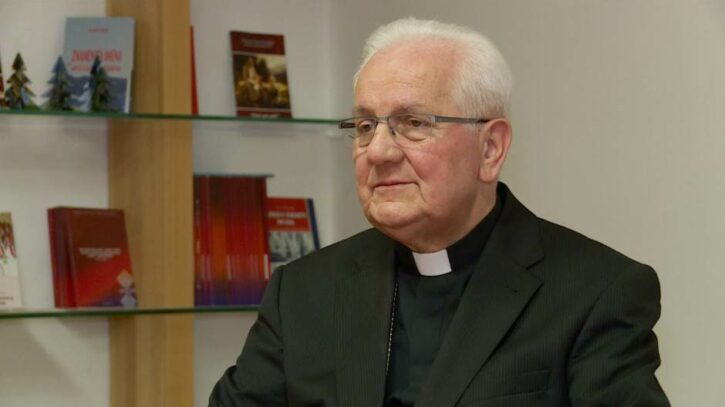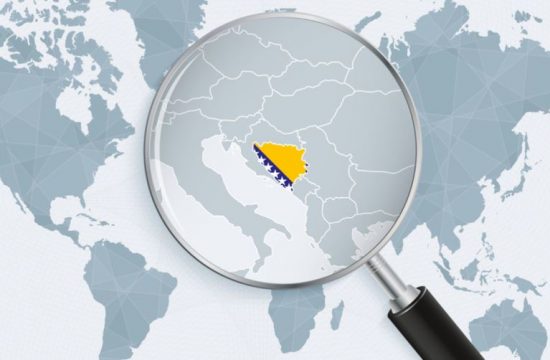
The Roman Catholic Bishop of Banja Luka, Franjo Komarica, has called on Croat officials in Bosnia and Herzegovina and the international community's High Representative in the country, Valentin Inzko, to intervene and prevent further implementation of a law whereby the authorities of the Bosnian Serb entity have practically been seizing land whose actual owners are displaced Croats and Bosniaks as well as the local Catholic Church.
In an interview with the Bosnia and Herzegovina public broadcaster BHT1, parts of which were published on the broadcaster's website on Thursday, Komarica warned that a law on land surveying and cadastral books, which has been implemented since its adoption in 2012, constitutes institutionalised injustice because it is resulting in the seizure of property belonging to displaced persons, who are expected to once again prove their ownership rights.
“Ninety-nine percent of those concerned, who have been removed from their ancestors’ land, have no idea about that. They live in Croatia, Slovenia, Austria, Germany… and are saying that they do not have any information about that. Those people are about to lose their property overnight,” Komarica warned.
The Office of the High Representative (OHR) has formed a commission to analyse the consequences of that and another law that is expected to go into force and is expected to additionally complicate the process of property restitution, notably the restitution of property confiscated during the time of the former Yugoslav states.
Komarica said that he expected the commission to do what it had been tasked with but stressed that it was necessary to provide additional legal assistance to people whose property could be seized so that they can deal with legal proceedings during which they will have to prove their property rights.
Komarica said that he had also sought legal protection from the current chair of the Presidency of Bosnia and Herzegovina and its Croat member, Zeljko Komsic, as well as from HDZ BiH party leader Dragan Covic.
The purpose of the contentious law on land surveying and cadastral books was to enable the integration of existing registers of immovable property in the Serb entity of Republika Srpska.
One of its provisions regulates the procedure in the case of ownership disputes.
In such cases, “the party with a less probable right” – and those are mostly displaced persons who cannot use their property – is advised to launch a procedure within 30 days to prove their rights before a competent court and if they fail to do so, the property is registered as belonging to a party whose rights a special commission rules to be “more probable.”
In practice, this means that persons who do not live in Republika Srpska and for whom the entity authorities do not have data on their place of residence will not know when someone else claims the right to their property and consequently cannot launch the prescribed procedure.
Based on this law, the Banja Luka Diocese, too, has lost a part of its property in Laktasi municipality, which has been transferred to the entity authorities.
The Iustitia et Pax commission of the Bosnia and Herzegovina Bishops’ Conference has in the meantime asked for assistance to prevent further seizures of private property.



